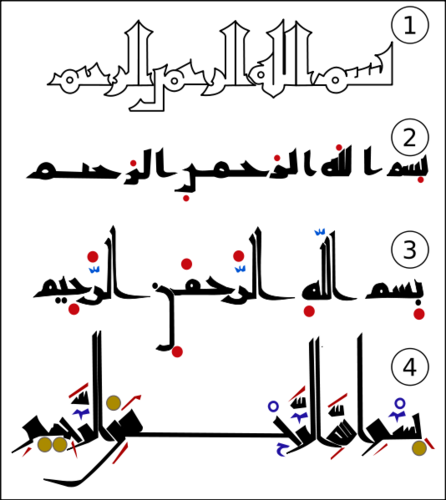Re: First Corrupted Verse
Well tell me where an original copy exist that was checked by prophet Mohammed?
Have you never heard of the qurra and there are at least 7 variant readings: Nafi, Ibn Kathir, Ibn Amir, Abu Amr etc. Indeed there was nothing like a common reading until Abu Bakr Ahmad ibn Mujahid, Baghda linguist fixed a single system of consonants and placed limits on the variation on vowel sounds.
May I ask you what real difference does all this make - surely the Qu'ran has content, a message so why all the fuss about what cannot be proved. Will the message of the Qu'ran you have in your hand suddenly become worthless if you cannot trace the text back to the tiniest dot?
Don't measure the Quran with your Biblical methods.
Aside from the fact that there are indeed original copies in existence, you forget a very very important fact.
People have memorized the Quran by heart since its revelation. Thousands upon thousands of them. There was no variance in their recitations.
Well tell me where an original copy exist that was checked by prophet Mohammed?
Have you never heard of the qurra and there are at least 7 variant readings: Nafi, Ibn Kathir, Ibn Amir, Abu Amr etc. Indeed there was nothing like a common reading until Abu Bakr Ahmad ibn Mujahid, Baghda linguist fixed a single system of consonants and placed limits on the variation on vowel sounds.
May I ask you what real difference does all this make - surely the Qu'ran has content, a message so why all the fuss about what cannot be proved. Will the message of the Qu'ran you have in your hand suddenly become worthless if you cannot trace the text back to the tiniest dot?


